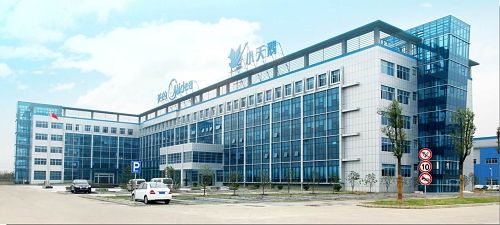
Midea’s new robots could replace 400,000 pharmacists in China
Midea, the Chinese giant manufacturing giant which makes household appliances such as washing machines and refridgerators, is launching robot pharmacists which would put 400,000 humans out of work.
That may sound unlikely in the short term, but market analysts quoted by Bloomberg estimate that robots will account for 20 per cent of all pharmaceuticals sales by 2020.
Moreover, Midea chairman and CEO Paul Fang acknowledges the potential revolution the company’s robots could start.
Foshan told Bloomberg: “There is explosive potential in robotics and automation in China, and we are only at the beginning.”
Midea recently completed its acquisition of German industrial industrial robot maker Kuka.
The two companies have already said they plan to develop robots for household applications, so this particular diversification is not a total surprise.
Fang says: “Every consumer sector in China is upgrading and our cooperation seizes this trend in health care.’’
Recent years have seen the Chinese government launch a campaign called “Made in China” which is seeking to encourage the manufacturing of more robotics and advanced technologies inside the country rather than made abroad and imported.
China is currently the world’s largest importer of industrial robots, and the demand for robots of all types are projected to grow – not just in the country, but worldwide.
Robots are not only a finished product, but also a means or tool for making other products, widely used in manufacturing.
And China being arguably the largest manufacturing nation in the world, the government clearly thinks it is important to maintain the means of production within the country.
And robotics and automation technologies will form an increasingly important component within the means of production – rather than cheap labour, which is what China has built its manufacturing base on.
Midea is also looking towards new opportunities opening up in new markets, such as electric vehicles, according to Fang, who adds that the company is successfully internationalising its operations, with newly opened offices in facilities in several locations around the world, including an office in Silicon Valley, in the US.
The healthcare and pharmaceutical sector is seeing some interesting and advanced new robotics systems being developed, ranging from robotic arms for surgery and automated dispensing machines.
Among the companies which are hoping to gain an early-mover advantage are Kawasaki, which already sells a lot of industrial robots into China, and now plans to develop surgical robots, and Omnicell, which has an established range of pharmaceutical dispensing systems.


